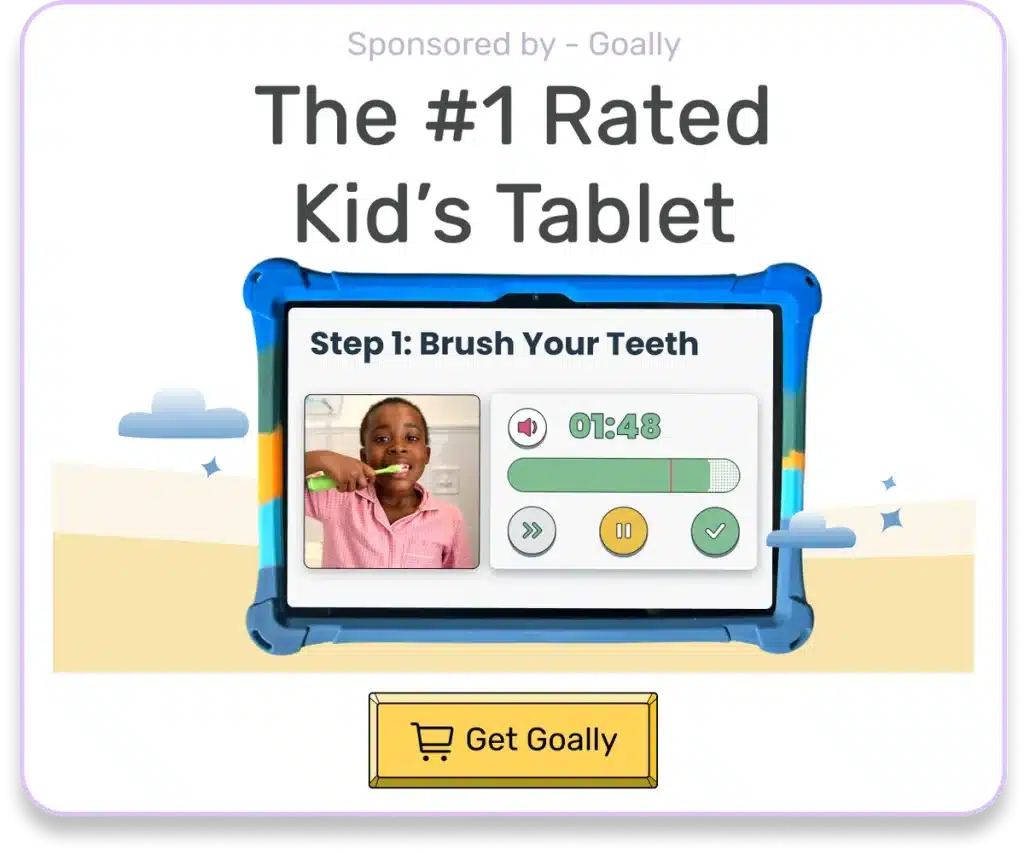As a licensed practitioner who works closely with neurodivergent kids, I’ve seen firsthand the challenges they face in studying and learning. Kids with thinking and learning differences, like ADHD, often struggle to stay focused, organize their thoughts, and retain information. But these brilliant minds can thrive academically with the right strategies and support. In this blog post, I’ll share some of the most effective study tips for ADHD that I’ve gathered over the years so you can empower your child to reach their full potential.
Table of Contents
Create a Focused Study Environment
Distractibility is a core symptom of ADHD. Kids with learning disabilities often struggle to filter out irrelevant stimuli and maintain focus, especially in busy or chaotic environments. Creating a calm, organized study space can make a big difference.
Some tips for optimizing the study environment:
- Choose a quiet location away from high-traffic areas of the house
- Keep the space clutter-free and organized
- Have all necessary supplies within easy reach
- Use noise-cancelling headphones or white noise to minimize distractions
- Experiment with flexible seating options like wobble chairs or exercise balls
- Take regular movement breaks
Every child is different, so finding the ideal setup may take some trial and error. Let your child have input and make adjustments as needed. A little proactivity can go a long way in setting them up for focus and productivity.

Read more: How to Do Homework With ADHD | 5 Tips
Use Visual Organizers and Reminders
Kids with ADHD often struggle with organization and forgetfulness. Keeping track of due dates, test dates, and assignment requirements can be a constant challenge. Visual organizers and reminders can be a lifesaver.
Encourage your child to use a planner or calendar to keep track of important dates. Color coding can make the information more visually appealing and easier to remember. For instance, use a red pen for due dates, a blue pen for test dates, and a green pen for extracurricular activities.
Other helpful visual tools include:
- To-do lists
- Mind maps
- Graphic organizers
- Sticky notes
- Reminder apps
Experiment with different tools to find what works best for your child’s learning style and needs. The key is to make important information visually prominent and easily accessible.
Break Tasks Down into Manageable Steps
One of the biggest obstacles for kids with ADHD is feeling overwhelmed by large, complex assignments. Their executive functioning challenges can make it difficult to plan out a project and stay on track. That’s why one of the most important study tips for ADHD is to break tasks down into smaller, more manageable steps.
Encourage your child to take a few minutes at the beginning of a study session to analyze the task at hand and chunk it into smaller sub-tasks. For instance, if they have to write an essay, the steps might look like this:
- Brainstorm topic ideas
- Do research and take notes
- Create an outline
- Write introduction paragraph
- Write body paragraphs
- Write conclusion paragraph
- Proofread and edit
By breaking it down like this, the assignment feels much more doable. Your child can focus on one step at a time without getting bogged down by the enormity of the project. Celebrate each small milestone to help keep them motivated.
Incorporate Movement and Exercise
Did you know physical activity can improve focus and cognitive function for kids with ADHD? It’s true! Regular exercise increases blood flow to the brain, which can help with attention, memory, and impulse control.
Encourage your child to take movement breaks during study sessions. They could do some jumping jacks, run in place, or stretch for a few minutes. You can also incorporate movement into learning activities. For example, have your child toss a ball back and forth with you while reciting vocabulary words, or act out a scene from a book they’re reading.
Collaborate with Teachers and Professionals
Finally, remember that you don’t have to navigate the challenges of ADHD alone. Collaborating with your child’s teachers, counselors, and other professionals can provide invaluable support and guidance.
Attend parent-teacher conferences regularly and communicate openly about your child’s strengths and struggles. Work with the school to develop an Individualized Education Program (IEP) or 504 plan that outlines specific accommodations and supports for your child. And don’t hesitate to seek additional resources, like tutoring, occupational therapy, or counseling, if needed.

Read more: Tips to Help Your Child Improve Focus and Concentration in School
Utilize Multi-Sensory Learning Strategies
Research shows that engaging multiple senses during the learning process can enhance memory retention and recall, especially for neurodivergent kids. This is known as multi-sensory learning.
Some examples of multi-sensory study tips for ADHD includes:
- Reading information out loud
- Creating flashcards with both words and pictures
- Using manipulatives or physical objects to represent concepts
- Incorporating movement, like pacing while reciting facts
- Drawing diagrams or mind maps
- Explaining concepts to someone else (or even a stuffed animal)
One study found that students who used multi-sensory techniques performed up to 12% better on exams than those who used conventional study methods. Encouraging your child to get creative with their studying can pay off in academic achievement.
Try Goally For Your Child With ADHD
Goally helps kids with ADHD stay focused and build skills. Unlike a Kindle or an iPad that kids get easily distracted on, Goally has no YouTube, no social media, no web browser, and especially no ads.
Goally uses game play as a points-based motivator for your kiddo with ADHD and helps them learn emotional regulation skills. It’s simple to set up and has an expert-informed design.

With the right strategies, support, and mindset, kids with ADHD can absolutely thrive in their studies. By implementing these study tips for ADHD and working closely with your child’s support team, you’ll set them up for academic success and lifelong learning. Remember, every child is unique, so be patient, stay positive, and don’t hesitate to reach out for help if you need it.
Resources:
- CHADD (Children and Adults with Attention-Deficit/Hyperactivity Disorder) – The leading national non-profit organization serving individuals with ADHD and their families.
- Understood – A comprehensive resource for parents of children with learning and thinking differences, offering personalized support and expert-vetted strategies.
- ADDitude – The leading media network dedicated to providing authoritative, in-depth information on ADHD and related conditions.
FAQs about Study Tips for ADHD
1. What are the best study tips for someone with ADHD?
Establishing a structured routine and breaking tasks into smaller, manageable chunks can significantly improve focus and productivity. Using tools like timers and checklists can also help maintain concentration and track progress.
2. How can technology help with studying for someone with ADHD?
Technology offers various apps that can assist with organization, time management, and distraction minimization, which are often challenging areas for individuals with ADHD. Additionally, auditory or visual learning aids can cater to different learning preferences.
3. Are there any specific techniques to help ADHD students retain information?
Active learning techniques, such as teaching the material to someone else or creating mind maps, can enhance information retention for ADHD students. Frequent breaks using the Pomodoro technique also prevent burnout and keep the mind fresh.
4. How important is the study environment for individuals with ADHD?
A clutter-free, quiet, and consistent study environment is crucial for minimizing distractions and helping individuals with ADHD focus on their work. It's beneficial to have all necessary materials at hand and a dedicated space for studying.
5. Can physical exercise be part of ADHD study tips?
Yes, physical exercise can be an effective part of study tips for ADHD as it helps to improve concentration, reduce stress, and increase the ability to focus on tasks post-exercise due to the endorphin release and reduction of excess energy.

Hennah is an experienced writer and researcher, helping children with autism, ADHD, and other neurodivergent conditions. As a blog contributor for Goally, she combines her deep understanding of neurodiversity with practical advice, offering valuable insights to parents and educators.





